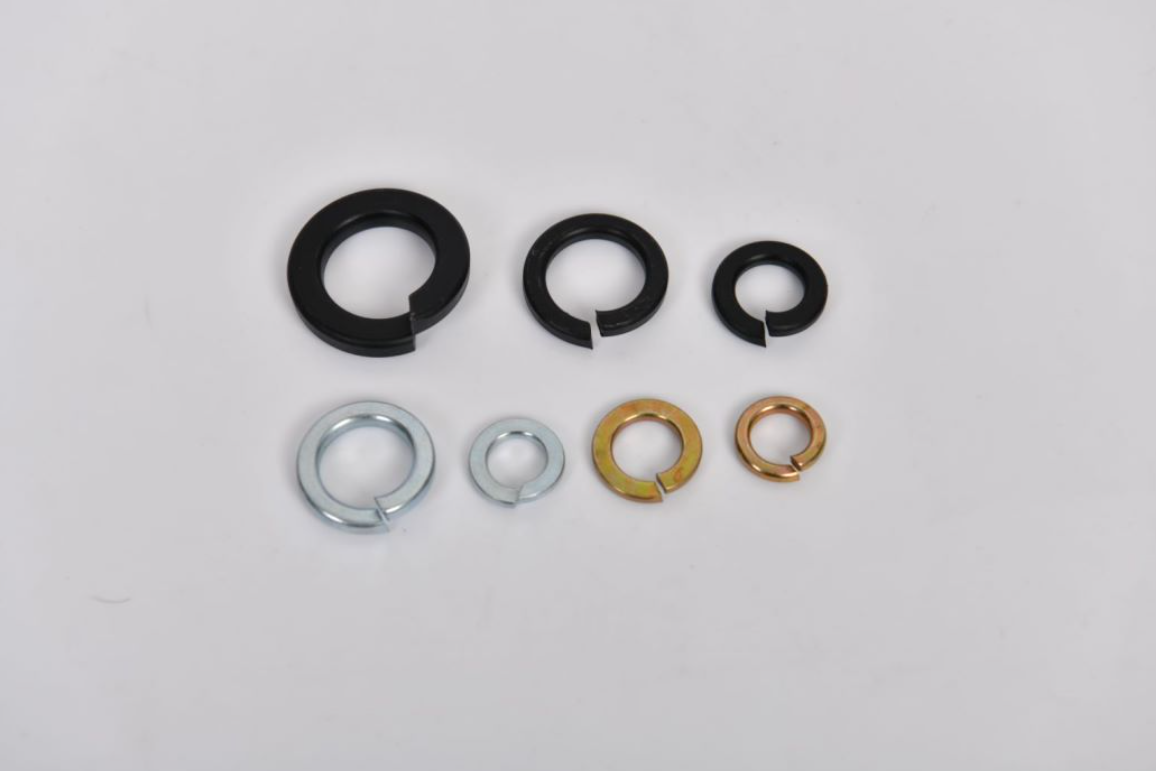Common Causes and Solutions for Drywall Screw Pops in Newly Constructed Buildings and Factories
Understanding Drywall Screw Pops in New Construction Factories
In the world of construction, particularly in new buildings, the term drywall screw pops often surfaces as a concern for builders, contractors, and homeowners alike. This phenomenon not only affects the aesthetics of a finished project but can also signal underlying issues related to installation methods or environmental factors that need to be addressed. In this article, we will explore what drywall screw pops are, the reasons they occur, and how effectively managing them can lead to better construction practices.
What Are Drywall Screw Pops?
Drywall screw pops occur when screws used to secure drywall to wooden or metal studs begin to protrude from the surface of the drywall. This condition manifests as small, raised spots, where the screw-head pushes against the drywall surface, creating an unsightly blemish. In severe cases, these pops can lead to cracking in the paint or drywall itself, leading to costly repairs and a decrease in the property’s aesthetic appeal.
Causes of Drywall Screw Pops
There are several factors that contribute to the occurrence of drywall screw pops, particularly in new construction factories
1. Improper Installation One of the most common causes of screw pops is improper installation techniques. During the drywall installation process, if screws are driven too deep into the drywall, they can lose their grip on the surrounding material. Conversely, if screws are not adequately embedded, they can become loose over time.
2. Material Shrinkage In new constructions, wood framing can undergo changes due to moisture loss as the building settles. As the wood dries out, it can shrink, pulling away from the drywall. This shift can lead to screws popping through the surface of the drywall.
3. Temperature and Humidity Changes Environmental factors play a significant role in the structural integrity of a building. Changes in temperature and humidity levels can cause the drywall and the underlying framing to expand and contract. Fluctuations in these conditions can lead to tension on screws, resulting in pops over time.
drywall screw pops new construction factories

4. Quality of Materials The quality of drywall, screws, and other installation materials also greatly influences the likelihood of screw pops. Low-quality materials may not bond as effectively, making them susceptible to the stresses of environmental changes.
Preventing Drywall Screw Pops
Addressing drywall screw pops in new construction requires a proactive approach. Here are some effective strategies for preventing this issue
1. Proper Installation Techniques Training workers in proper drywall installation techniques is crucial. Ensuring that screws are driven in at the correct depth and spaced appropriately can significantly reduce the chances of screw pops.
2. Choosing Quality Materials Utilizing high-quality drywall and screws can impart greater resilience to the finished product, making them less likely to suffer from issues related to installation or environmental changes.
3. Controlling Environmental Conditions During the construction phase, maintaining stable temperature and humidity levels can mitigate the risks posed by natural material shrinkage. After construction, homeowners can use humidifiers and maintain consistent heating to further reduce the risk.
4. Regular Inspections Conducting regular maintenance checks after the construction is completed can help identify potential screw pops before they become serious issues, allowing for timely repairs.
Conclusion
Drywall screw pops, while common in new construction, need not be an inevitable part of the building process. By understanding their causes and implementing effective prevention techniques, builders and contractors can improve the quality and longevity of their projects. In a competitive construction industry, delivering a flawless finish is paramount; therefore, addressing drywall screw pops is essential for ensuring customer satisfaction and sustaining a good reputation. As the construction industry evolves, a focus on better practices will lead to fewer incidents of screw pops, thereby enhancing the overall quality of residential and commercial buildings alike.
-
Top Choices for Plasterboard FixingNewsDec.26,2024
-
The Versatility of Specialty WashersNewsDec.26,2024
-
Secure Your ProjectsNewsDec.26,2024
-
Essential Screws for Chipboard Flooring ProjectsNewsDec.26,2024
-
Choosing the Right Drywall ScrewsNewsDec.26,2024
-
Black Phosphate Screws for Superior PerformanceNewsDec.26,2024
-
The Versatile Choice of Nylon Flat Washers for Your NeedsNewsDec.18,2024










